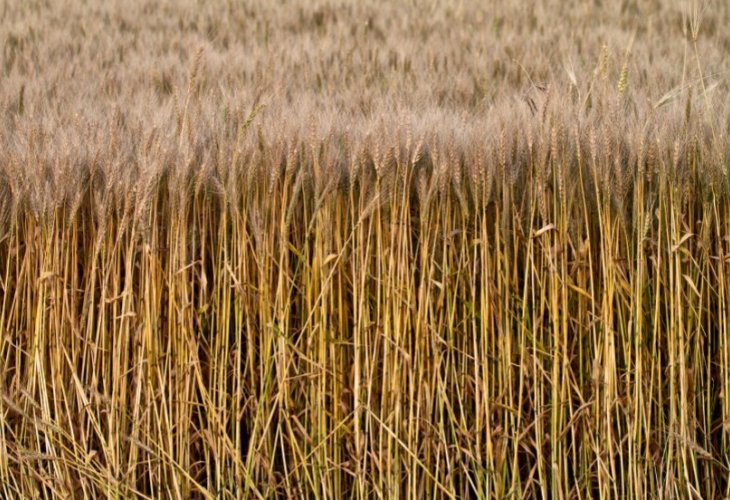What is Otzar Beit Din?
A concise guide to the halachic details concerning Otzar Beit Din that are relevant to each of us

It is forbidden for a person to lock their field during the Shemitah year, and it is also forbidden to trade in Shemitah produce. Rather, one must declare their field ownerless. During the period after the Second Temple, the Sages observed that field owners were not declaring their fields ownerless, but instead were taking large quantities of produce from the fields, emptying the trees of fruit and even trading them during Shemitah. Therefore, they instituted a regulation to station court representatives at the entrances to cities. These representatives would take all the produce from anyone entering the city and would give them only enough produce for three meals. All the remaining collected produce was placed in the city storehouse, and from this storehouse, they would distribute fruits and vegetables every Friday to all city residents according to their family size. These collected fruits were called "Peirot Beit Otzar Din (Court Storehouse Fruits)."
Over the years, this was organized more systematically, and they established an "Otzar Beit Din" (Court Storehouse), meaning that field owners would transfer all their field's produce to the court's authority, and the court would appoint people to harvest the fruits and transport them to a central location, paying them for the labor of collection and transportation to the court storehouse. From there, they would distribute the produce to the public, giving each family enough for a week's supply, and repeat this process weekly. During distribution, the court would collect money from the public to cover the expenses of the workers who gathered and transported the produce to the court storehouse. These fruits are called "Peirot Otzar Beit Din (Court Storehouse Fruits)."
Produce from Otzar Beit Din is sanctified with Shemitah holiness, so one must treat it with the sanctity of Shemitah (as explained above, because these fruits grew in fields located in the Land of Israel and owned by a Jew).
Even today, "Otzar Beit Din" exists with distribution centers throughout the country, and one should not question this practice at all, as all leading rabbis of the generation have followed it. Therefore, one may purchase fruits and vegetables from Otzar Beit Din, especially since some authorities hold that there is a mitzvah in eating produce that is sanctified with Shemitah holiness.
Although it was explained above that it is forbidden to trade in Shemitah produce, it is permitted to purchase fruits from Otzar Beit Din, because the money collected by the court is only for covering the labor expenses, such as tree maintenance costs, harvesting labor costs, transportation expenses, and the like.
As explained above, the price that the court collects is only for expenses - therefore, the price of Otzar Beit Din produce should be low. So if one sees that the price of Otzar Beit Din produce is high, it is forbidden to purchase produce from there, as it is prohibited to trade or buy such produce. Instead, one should purchase produce from Heter Mechirah (land sold to non-Jews).
The money used to purchase Otzar Beit Din produce does not have the sanctity of Shemitah, because the money is given only for expenses.
A person who was accustomed to eating only Otzar Beit Din produce and did not specify that they were doing so without making a vow, and now wants to buy produce from Heter Mechirah, can have their vow annulled and purchase produce from Heter Mechirah.
Although it was explained above that certain actions are forbidden in one's field, such as pruning, harvesting, and the like, in fields under the supervision of Otzar Beit Din, workers operating under their authority are permitted to perform all actions necessary for the maintenance of the tree, such as: plowing, fertilizing, harvesting, pruning, and watering, as they would in any other year, and should consult with a Torah scholar for any questions.
Court representatives are permitted to measure and weigh Shemitah produce throughout the year, as this is not considered regular commerce.

